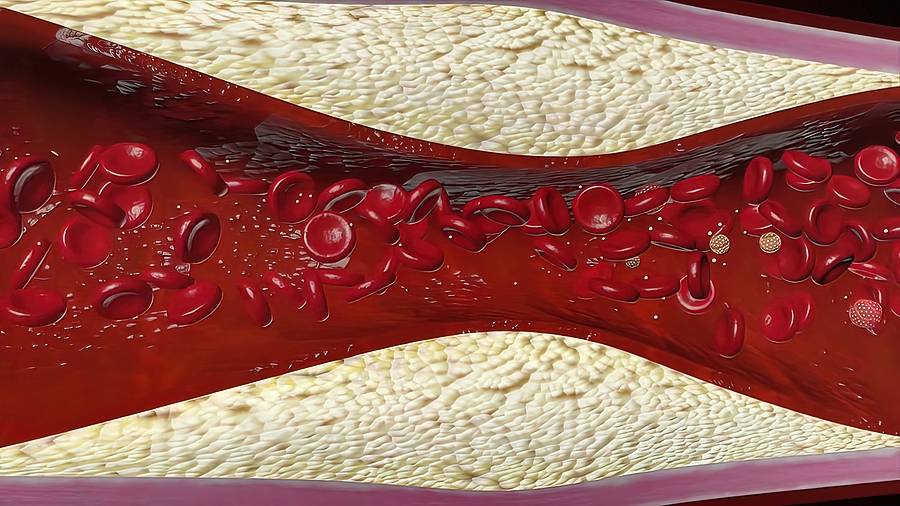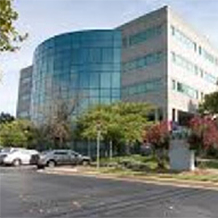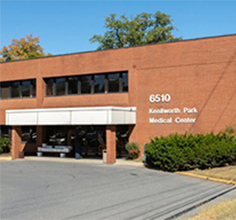
It rings a bell for almost everybody, but many do not know what high cholesterol really means. What is cholesterol, and what does it mean to have too much of it? In this brief article brought to you by Southern Maryland Medical Group, we will give you a quick summary to give you a basic understanding of what it is to have high cholesterol, the risks involved, and what you can do about it. If you are looking for a primary care clinic in Southern Maryland, feel free to call Southern Maryland Medical Group to schedule a convenient appointment. We have board-certified primary care doctors at three separate locations in the area.
Blood cholesterol is a fat-like substance that is essential for the body to perform job likes making hormones and digesting fatty foods. A healthy liver makes all the cholesterol the body needs, which is why many experts recommend limiting cholesterol in the diet.
Cholesterol is measured in milligrams per deciliter (mg/dL), and is checked with a test called a lipid panel or lipid profile. There are three important figures when calculating the cholesterol level.
According to a study shared by the Center for Disease Control and Prevention (CDC), high cholesterol is a total cholesterol level of over 200 mg/dL.
A bittersweet fact is that high cholesterol does not have any recognizable symptoms, meaning you could have it and never know unless you get your cholesterol levels checked. This is why you should test your cholesterol levels periodically. It is also important to manage risk factors to the best of your power:
Though there isn’t much to do about a family history of the condition, you can control lifestyle factors. For instance, eating healthily and getting more exercise. Your primary physician can help you make the right choices to reduce the risk of high cholesterol.
So, if high cholesterol does not have any recognizable symptoms, then why is it important? High cholesterol can require medical care because it can lead to plaque, or a buildup, on the walls of arteries. Over time, the plaque narrows the artery and causes a blockage, restricting the flow of blood from your heart to other organs and back.
High cholesterol can cause chest pain and heart attacks, and it can increase the risk of heart disease and stroke. The latter two are among the leading causes of death in the United States.
If you are concerned about your cholesterol levels, then speak with a board-certified physician as soon as possible. Residents in Southern Maryland can call Southern Maryland Medical Group to schedule an appointment or arrange a walk-in today.
Southern Maryland Medical Group has 3 convenient locations to provide professional medical care services in the Southern Maryland area. Call or schedule an appointment with one of our locations to get medical care help.

5801 Allentown Road, Suite 400 Camp Spring, MD 20746
Phone: 301-868- 0150
Billing Inquiries: 301-552-1270
Fax: 301-868-0243

7500 Greenway Center, Dr #1200 Greenbelt, MD 20770
Phone: 301-486-7580
Billing Inquiries: 301-552-1270
Fax: 301-486-7581

6510 Kenilworth Ave, Ste 1400, Riverdale MD 20737
Phone: 301-618-0771
Billing Inquiries: 301-552-1270
Fax: 301-618-0772